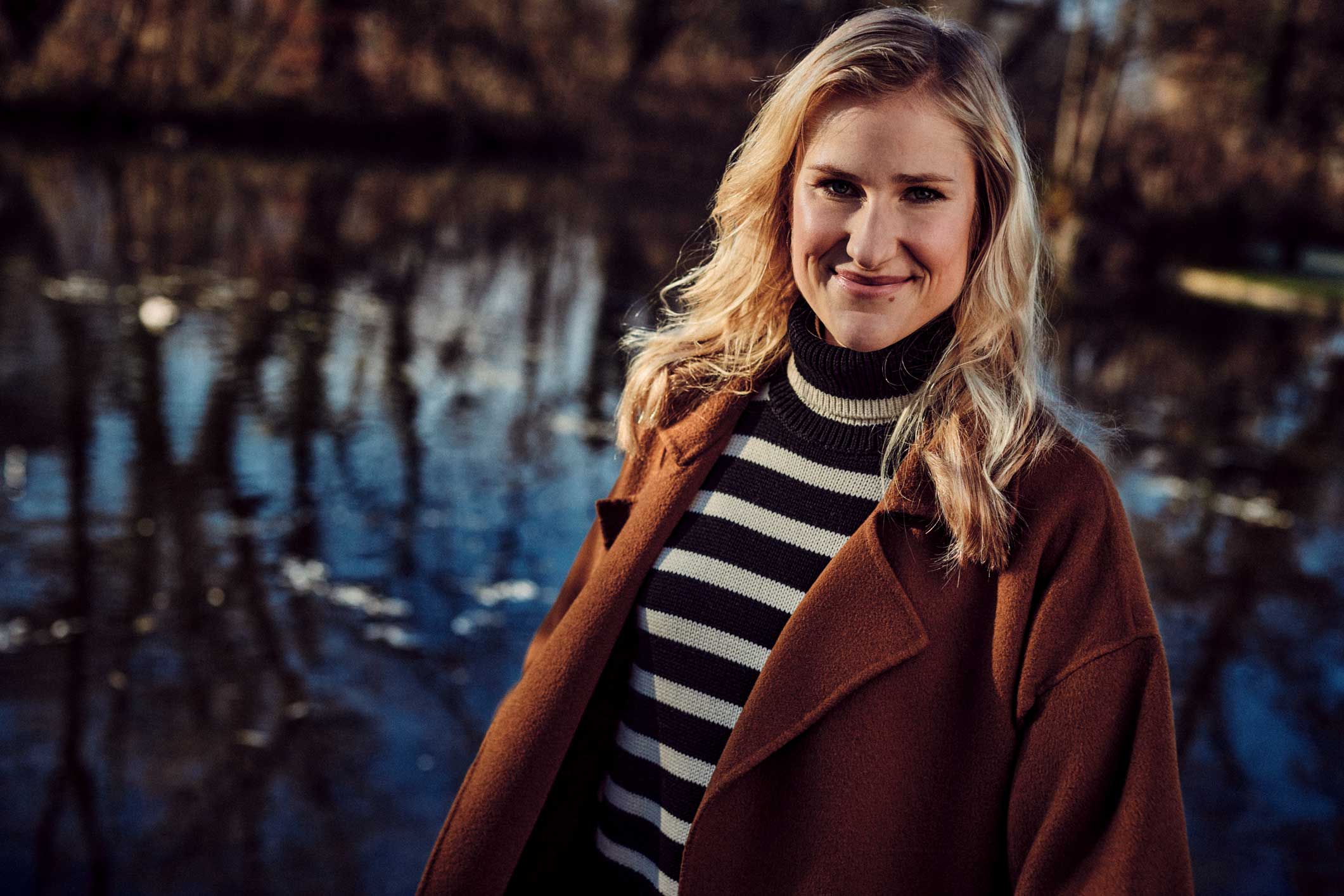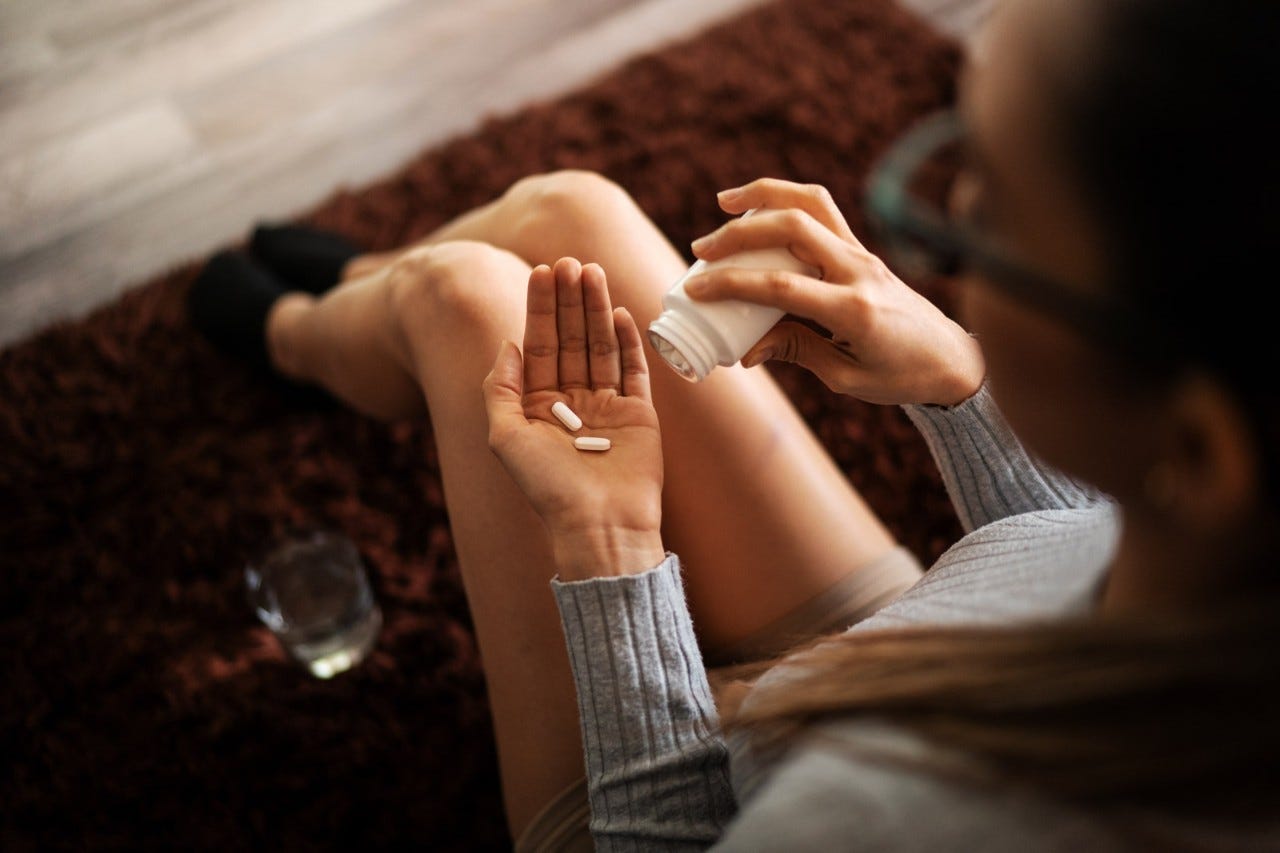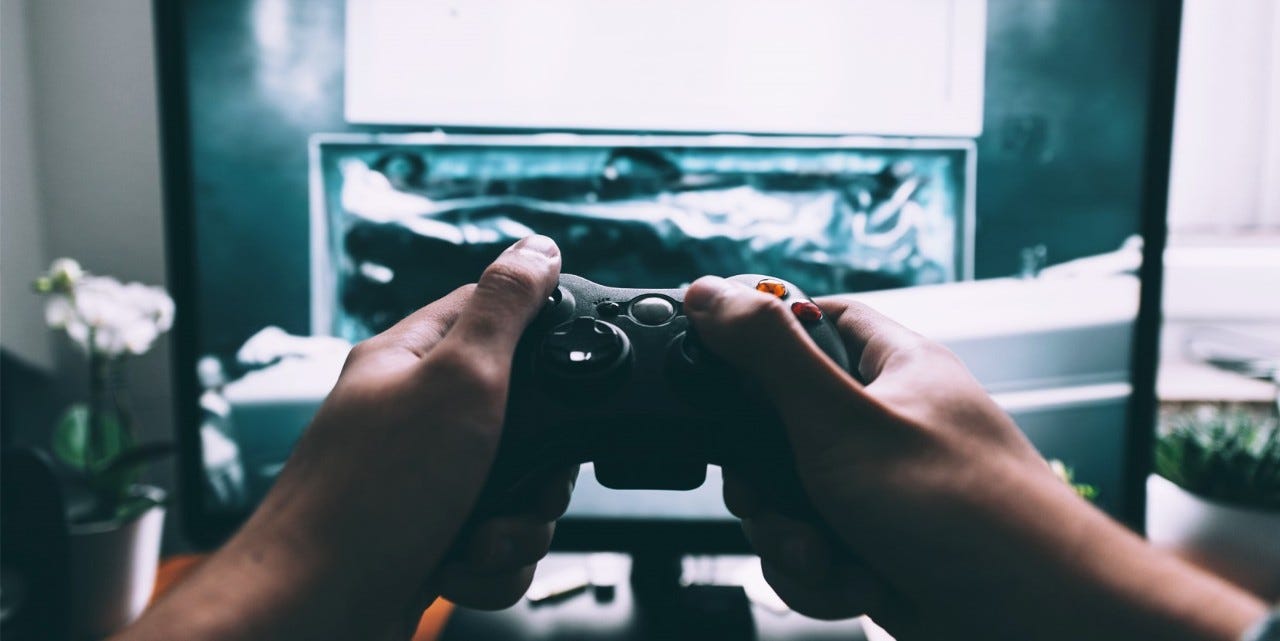Sports addiction: the will to win
Sport is supposed to be healthy. But that’s not always the case – as Vanessa Mamie found out.

Twelve years ago, before she began to exercise excessively, Vanessa Mamie’s (27) nickname was “Pummeli” (chubby). She recalls: “We always ate three meals together at home: breakfast, lunch and dinner.” Snacking in-between was never allowed. It all changed when Vanessa started as a commercial apprentice. “Suddenly, we had croissants and cake during breaks, and other snacks throughout the day,” explains Vanessa. She enjoyed the new food and couldn’t resist. Why should she? Even as a child, she had a healthy appetite and didn't see snacking as a bad thing. As a result, she put on weight and eventually noticed small rolls of flab on her stomach.
Chubby girlfriend a no-go
It wasn’t a big problem for Vanessa. But her friends and family didn’t like it. “I was constantly criticised for eating too much and called names for being slightly overweight,” says Vanessa. “My boyfriend at the time, a competitive swimmer, didn’t like the extra kilogrammes either.” He eventually cheated on her with a much thinner woman. The split and constant criticism of her eating habits had consequences. “I started watching what I ate and went to the gym more than ever,” recalls Vanessa. “In the end, I was mostly only eating fruit and vegetables. As a reward, I sometimes allowed myself a little cheese or meat.” But only if she’d done enough sport beforehand.
The significant reduction in her diet slowly turned into anorexia. At that stage, sport hadn’t yet taken over. It only helped her burn calories. She ate no more than 600 calories a day – combined with a self-imposed goal of working off 2,500 calories the same day. She kept it up for a year before she started regularly blacking out at the gym. At the time, Vanessa weighed just 42 kg (6.5 stones). She knew she couldn’t go on like this. Supported by a therapist, she practised eating normally again.
“At times [...] I ran a half marathon at night.”
From anorexic to sports addict
But the fear of gaining weight remained. So she continued to do an extreme amount of sport. “I was afraid that if I gained weight, I’d be seen as a loser.” Sporting activity wasn’t just a means to an end for Vanessa; she needed sport to feel respected. After all, people who do a lot of sport are admired. “At times, I went to the gym three times a day, ran half-marathons at night or covered over 200 km on my racing bike. Even when I was sick,” explains Vanessa. “I get this steely determination from my family,” she says. “I’ve always learned that you’re nothing if you don’t give your best. The same applies to looks and weight.” However, as Vanessa got thinner and stronger, she became increasingly isolated. “I focused all my attention on eating, training, working and sleeping.” Vanessa admits today that she simply replaced anorexia with a sports addiction.
Symptoms: sports addiction is often hard to spot
The illness took a toll on Vanessa’s body. She suffered from bad headaches, muscular exhaustion and sleeplessness – she felt empty and drained.
“There were days when I quite simply lost my will to live,” she says, looking back on this difficult time. Eventually, she realised that she couldn’t go on like this and turned once more to a psychologist for help. “It did me good to talk about my sports addiction. It’s an addiction that's viewed as a positive by many. After all, sport is supposed to do you good,” Vanessa explains.
In fact, being addicted to sport is quite a common problem. According to an ongoing study being conducted by the University of Basel, 10% of 300 Swiss participants show signs of being addicted to sport. And yet, “sports addiction” isn’t included in the ICD catalogue, an official list of all illnesses – and it isn’t yet recognised as an official illness by the World Health Organisation.
Help through personal experience
Vanessa Mamie has since overcome her addiction and is studying nutritional psychology part-time while working. “I’d like to help people by sharing my experiences with sports addiction and anorexia. At best, I want to prevent these illnesses from taking hold in the first place,” says Vanessa, explaining the motivation behind her studies. Vanessa still takes part in sport, particularly road cycling. “But I don’t torture myself any more. I enjoy it and use it as an outlet for my emotions.”
Sports addiction and anorexia: symptoms, help, chances of recovery
Michèle Blank Gebre, FSP psychotherapist at the Ceptade practice in Fribourg, explains in an interview how to recognize anorexia or sports addiction and what those affected can do:
What are the symptoms of anorexia or sports addiction?
Weight loss or no weight gain in children andyoung people. Behavioural patterns such as strict eating regimes or excessive physical activity.
What can those affected do about it?
Normalization of weight and eating habits is key here - in other words: to eat a balanced diet again and increase the amount of calories. And the amount of exercise should be tailored to your weight and current state of health.
What are thechances of recovery?
The recovery process is often challenging and can take several years. It’s usually only possible with professional help. A multidisciplinary team comprising doctors, dieticians and psychotherapists has proven effective.



